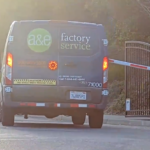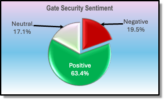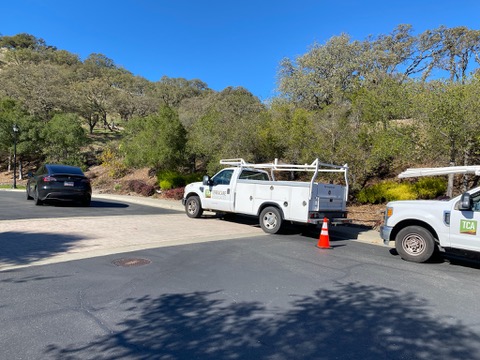Selling a home comes with responsibilities—legal and ethical. As homeowners, we are required to disclose certain conditions that may affect the value, desirability, or enjoyment of a property. These include wildfire hazards, Mello-Roos assessments, and HOA disclosures.
But what happens when your community itself is a risk?
Beyond providing the governing documents, homeowners must disclose any pending events, special assessments, or legal matters that could impact the financial obligations of a future buyer. This includes:
• Recall elections
• Pending litigation or court orders
• Injunctions or legal disputes
• Judgments requiring the HOA to pay damages
If an HOA is facing a legal ruling that results in financial penalties or damages, homeowners—including the new buyer—could be subject to a special assessment to cover the costs. This is not just a hypothetical situation.
HOA Mismanagement Can Have Real Consequences
Our neighboring HOA, Eastridge Property Owners Association, has already faced legal judgments multiple times due to poor decisions made under the management of The Kelly Company.
Unfortunately, our own HOA has not been immune to similar risks. On more than one occasion, the Board has placed our community in jeopardy of litigation due to:
• Director incompetence
• Failure to follow published rules and state laws
• A lack of due diligence in decision-making
While our HOA carries errors and omissions insurance, it’s important to understand that this coverage may not protect homeowners if Board members knowingly (or should have known) then act against the law or governing documents.
Understanding HOA Legal Obligations
One critical provision in our governing documents addresses “severability” included in our CC&Rs—a concept that states:
Any rule that conflicts with state or federal law is unenforceable.
This means that if the Board enforces outdated or illegal policies, they are exposing the HOA—and every homeowner—to potential legal consequences. There are currently several direct conflicts with State Laws concerning Accessory Dwelling Units (ADUs) and even internal disagreements within the governing documents themselves…also unenforceable.
As a seller, you have a duty to disclose any known risks that could financially impact a buyer. Failing to do so could lead to liability down the road.
Why This Matters
When an HOA is poorly managed, it doesn’t just affect the quality of life—it can directly impact home values, resale potential, and financial security. If an HOA is on the brink of legal trouble, every homeowner has the right to know before they purchase a home in the community.
What Can Be Done?
• Homeowners should demand transparency from the Board regarding pending legal matters.
• The Board must follow state and federal laws—not outdated or unlawful policies.
• When selling your home, be honest about the risks. Buyers deserve to know what they’re stepping into.
Living in an HOA should provide stability, not uncertainty. It’s time for homeowners to hold leadership accountable and ensure our community is managed with integrity, compliance, and financial responsibility.
If that doesn’t happen, then full disclosure becomes not just a legal requirement—but a moral one.
If you have questions, please ask them in the comments . . . we have the resources,











